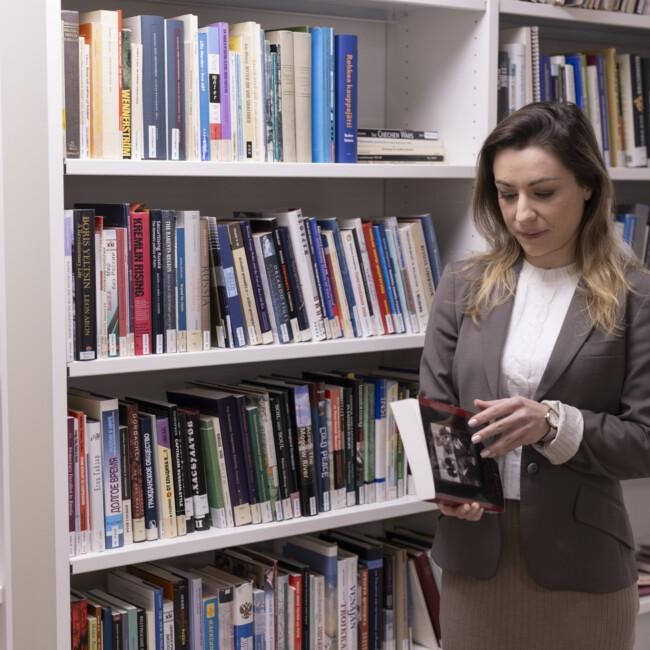
Nearly ten months after Russia’s 24 February attack, President Biden and his top national security advisors are vowing to continue U.S. support to Ukraine “for as long as it takes.” Indeed, that support has been extensive and broadly endorsed by American public opinion. Since March 2022, Congress has authorized approximately $68 billion in military, economic, and humanitarian aid to Ukraine, including some $19 billion committed to mostly short-term military assistance (e.g., weapons and ammunition from U.S. military stocks, support equipment, and training.) In addition, Washington has worked closely with European Allies and Partners to coordinate assistance to Ukraine and impose unprecedented financial and economic sanctions on Russia. However, the Biden Administration reportedly has been reluctant to take certain steps — e.g., providing Ukrainian forces with longer-range artillery systems capable of reaching Russian territory — to reduce the risk of expanding the conflict.
Still, looking ahead, U.S. policymakers might face new challenges. Despite its recent battlefield successes, Ukraine has suffered punishing Russian attacks on vital infrastructure and other civilian targets, and further escalation by Moscow is possible. While transatlantic solidarity has been impressive so far, many European economies are more vulnerable, directly or indirectly, to the effects of sanctions on Russia — a cause of some resentment toward the United States. Meanwhile, some (mainly Republican) politicians and “influencers” have called for reducing or halting aid to Ukraine, arguing that U.S. strategic interests are not at stake in the war. And while the Biden Administration insists that it will not pressure Kyiv on when and how to negotiate with Moscow, some non-government experts are suggesting, in effect, that Washington should do so.
This episode of Transatlantic Currents will discuss the current and possible future contours of U.S. policy regarding the Russian war on Ukraine and the implications for U.S.-European relations.
Puhujat

Ville Sinkkonen is a Postdoctoral Fellow at the Finnish Institute of International Affairs (FIIA), Center on US Politics and Power. His research focuses on US foreign policy, hegemony, normative power and the politics of trust in international relations. Sinkkonen is the author of ”A Comparative Appraisal of Normative Power” (Brill, 2015) and his work has been published in the Journal of Transatlantic Studies and European Foreign Affairs Review, among others. He holds a Doctor of Laws (LL.D.) from the University of Turku.

Ambassador William B. Taylor is Vice President, Russia and Europe, at the U.S. Institute of Peace. In 2019, he served as Chargé d’affaires at the U.S. Embassy in Kyiv, where he had previously served as Ambassador from 2006 to 2009. During the Arab Spring, Ambassador Taylor oversaw U.S. assistance and support to Egypt, Tunisia, Libya and Syria. He also served as the U.S. government’s representative to the Mideast Quartet, which facilitated the Israeli disengagement from Gaza and parts of the West Bank. He served in Baghdad as the first director of the Iraq Reconstruction Management Office from 2004 to 2005, and in Kabul as coordinator of international and U.S. assistance to Afghanistan from 2002 to 2003. Previously, Ambassador Taylor was coordinator of U.S. assistance to the former Soviet Union and Eastern Europe. He earlier served on the staff of Senator Bill Bradley. Ambassador Taylor is a graduate of West Point and Harvard University’s Kennedy School of Government and served as an infantry platoon leader and combat company commander in the U.S. Army in Vietnam and Germany.

Leo Michel is Nonresident Senior Fellow at the Atlantic Council. His previous government positions included: Distinguished Research Fellow at the Institute for National Strategic Studies; Director for NATO Policy and Director for Non-Nuclear Arms Control in the Office of the Secretary of Defense and Deputy U.S. Representative to the U.S.-Russia Bilateral Consultative Commission as well as other government positions. Michel holds a M.A. from Johns Hopkins School for Advanced International Studies and a B.A. from Princeton University.


